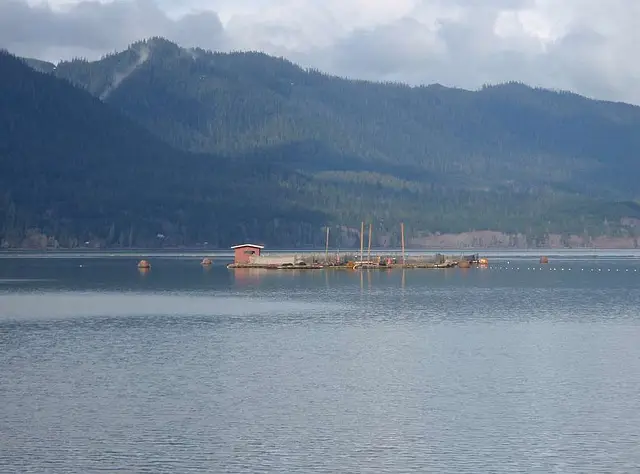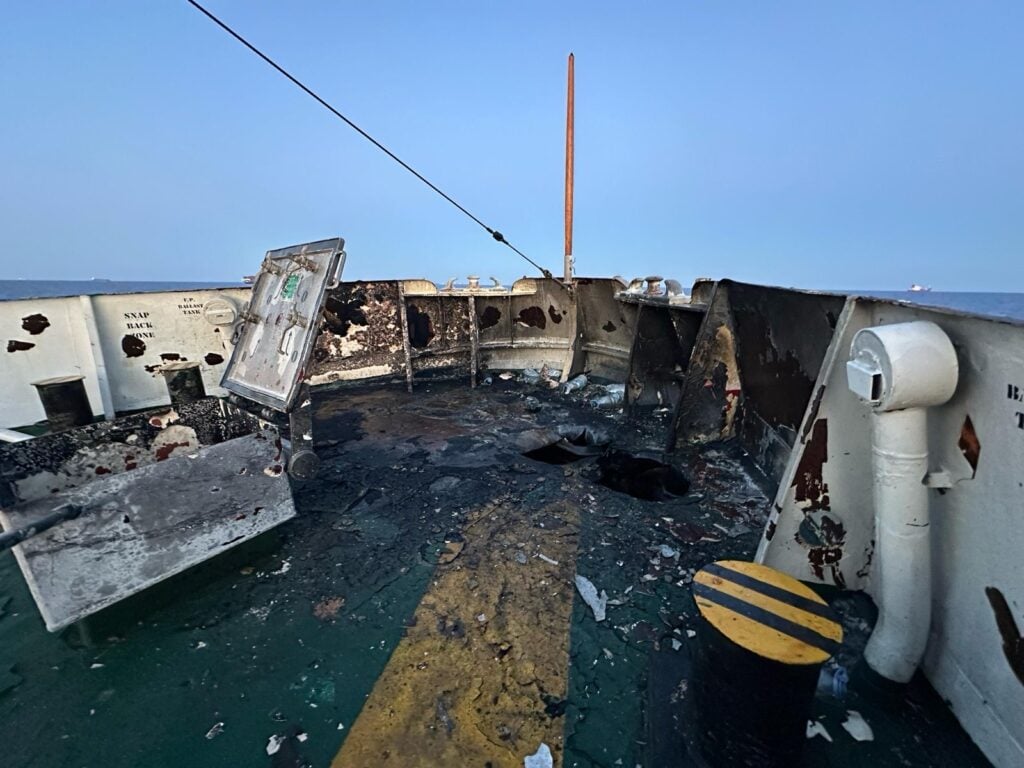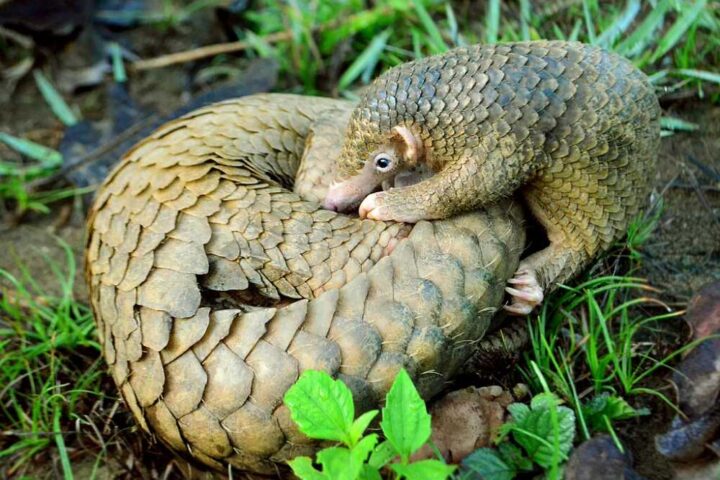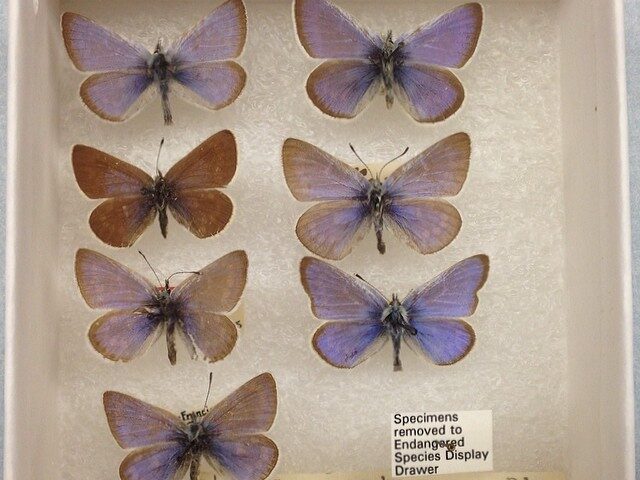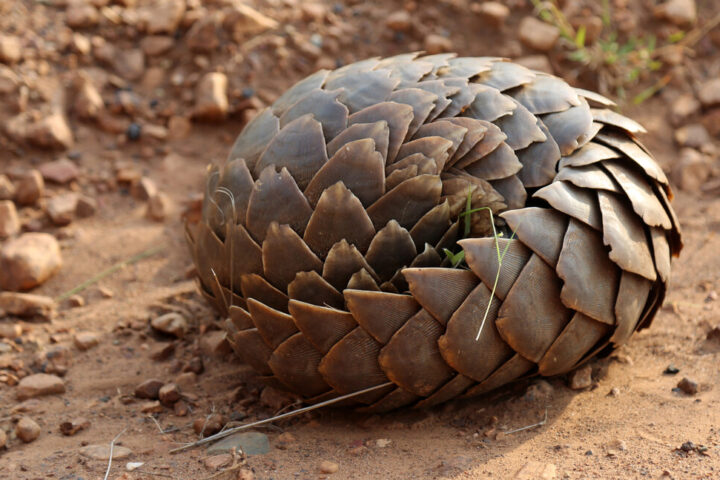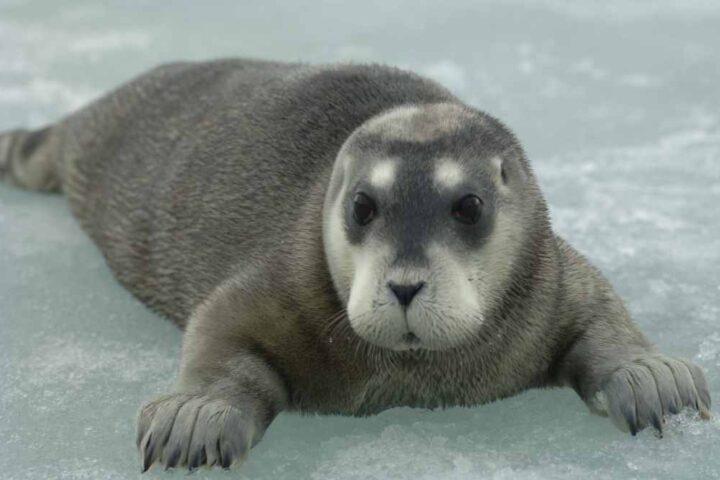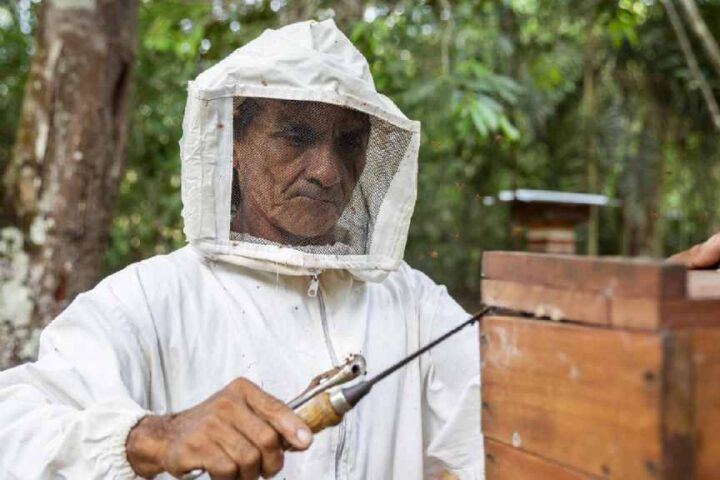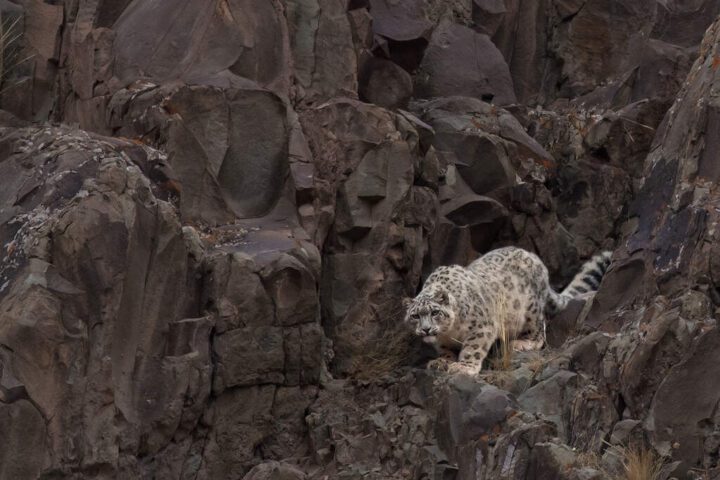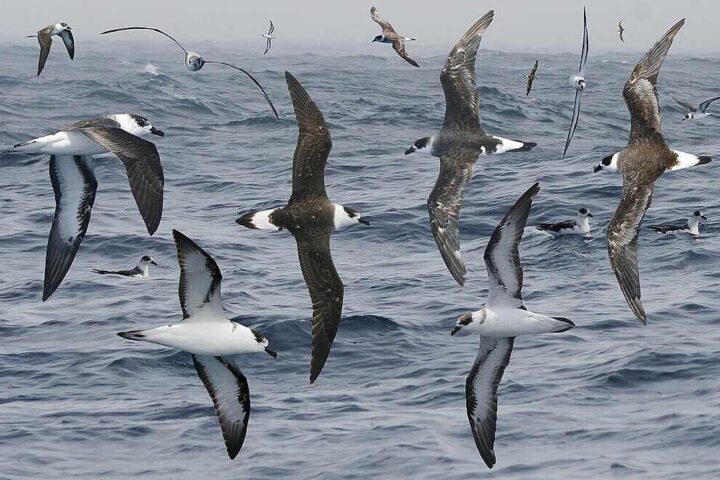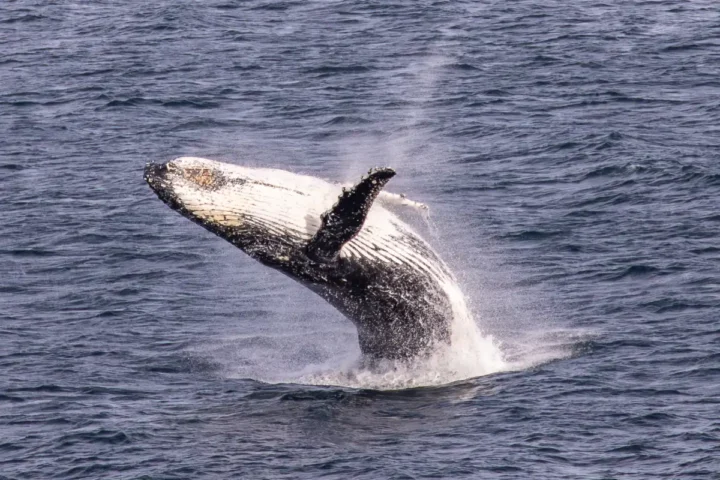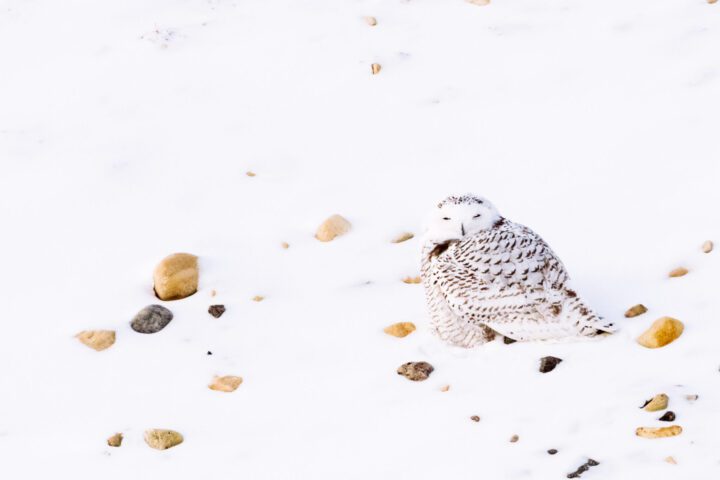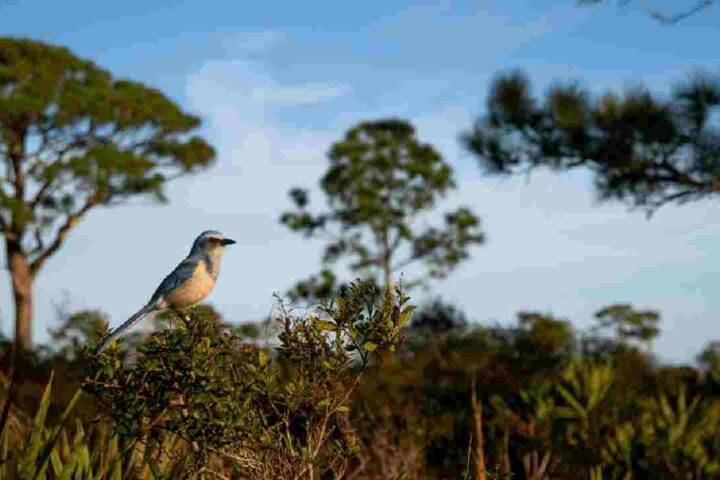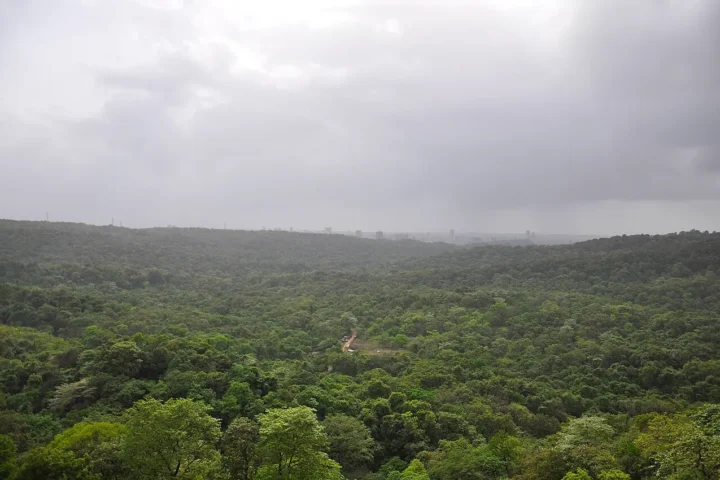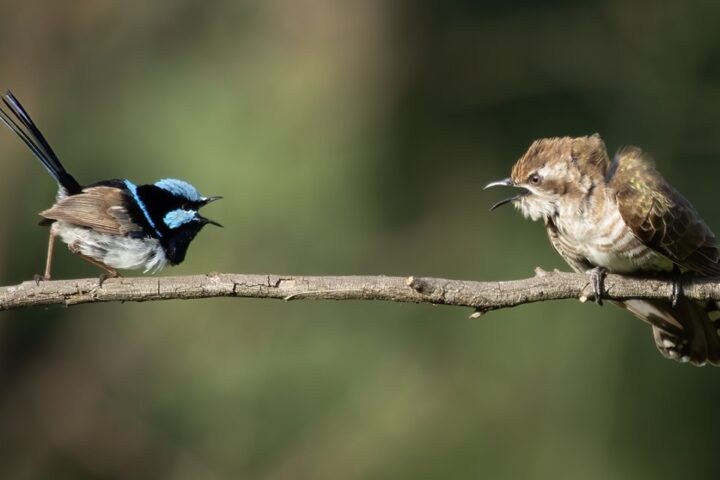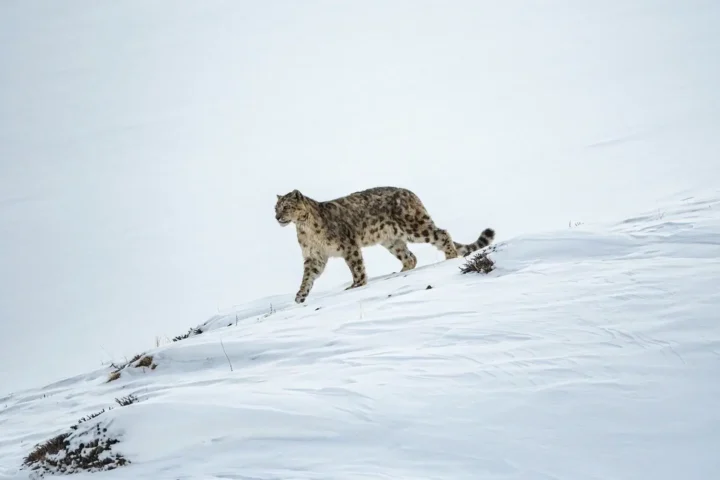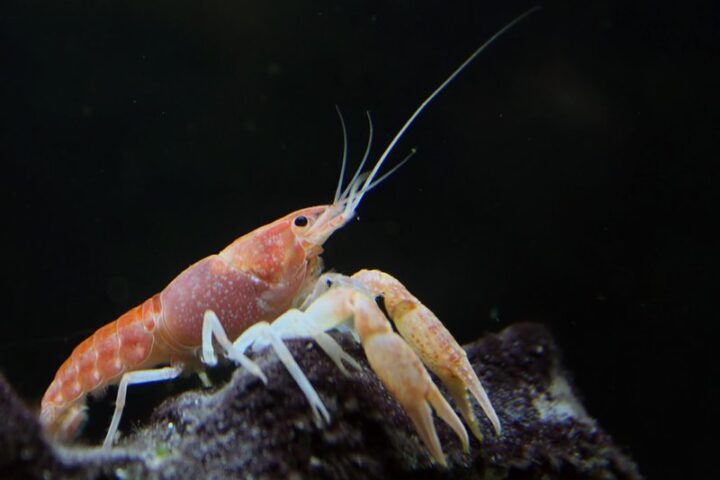After more than 40 years of commercial fish farming in its waters, Washington has become the first place worldwide to completely remove and permanently ban commercial finfish net pen aquaculture. On January 7, 2025, the Washington State Board of Natural Resources voted to adopt a rule prohibiting this practice on all state-managed marine waters.
The Breaking Point: 2017 Cypress Island Collapse
The road to this ban began in August 2017, when a Cooke Aquaculture net pen near Cypress Island failed catastrophically, releasing over 250,000 non-native Atlantic salmon into Puget Sound.
“The crisis of our Puget Sound and salmon and orca populations calls for avoidance,” said Commissioner of Public Lands Hilary Franz. “No one can say these facilities don’t have an impact. They do. There’s a cost to our agency, there’s a cost to our waters and our bedlands, there’s a cost to our salmon and our orcas.”
Science Behind the Decision
The DNR’s 2024 science synthesis, which reviewed more than 290 studies, identified four main habitat stressors from net pens:
- Shading: Pen structures block sunlight, harming eelgrass, kelp forests, and marine plants
- Effluent: Fish waste and uneaten feed increase water turbidity and introduce antibiotics and heavy metals
- Hydrodynamic changes: Pens alter water currents and disrupt natural mixing
- Marine debris: Abandoned equipment leaves persistent damage to marine environments
The rule aligns Washington with California, Oregon, and Alaska, which have already banned net pens.
Similar posts
Tribal Support and Cultural Protections
Importantly, the rule includes exemptions for tribal ceremonial and subsistence purposes, as well as for delayed-release net pens that temporarily hold native fish for eventual release.
“I am grateful to Public Lands Commissioner Franz and the DNR Board of Natural Resources for permanently protecting our shared waters from the harmful effects of net pens,” said Swinomish Tribal Community Chairman Steve Edwards.
“The decision to end commercial net pen fish farms on state-owned aquatic lands protects both the considerable investment of funding and time that the Lower Elwha Klallam Tribe has put into the restoration of salmon habitat and fish stocks in the Tribe’s home waters,” said Frances Charles, Chairwoman of the Lower Elwha Klallam Tribe.
A Timely Decision for Endangered Species
The ban comes at a critical moment for Puget Sound’s endangered species. Just days before the vote, Tahlequah (J35) lost another calf. Research shows that 69% of Southern Resident orca pregnancies end in miscarriage due to malnutrition, as these whales depend on wild Chinook salmon, which have been in decline.

Cleanup Continues
Even with the ban in place, the environmental impact of former net pen sites remains. DNR scientists are conducting sonar surveys and dive operations to map and remove lingering infrastructure, including nets, buoys, and ropes that continue to affect marine habitats.
“This is a landmark moment for environmental protection,” said Emma Helverson, Executive Director of Wild Fish Conservancy. “This victory is not just for Puget Sound—it’s for every community, every species, and every ecosystem that has been impacted by the harmful practice of commercial net pens.”
The rule will take effect on February 24, 2025, making 2024 the first year in four decades that Puget Sound has been free from the daily impacts of commercial net pen operations.
